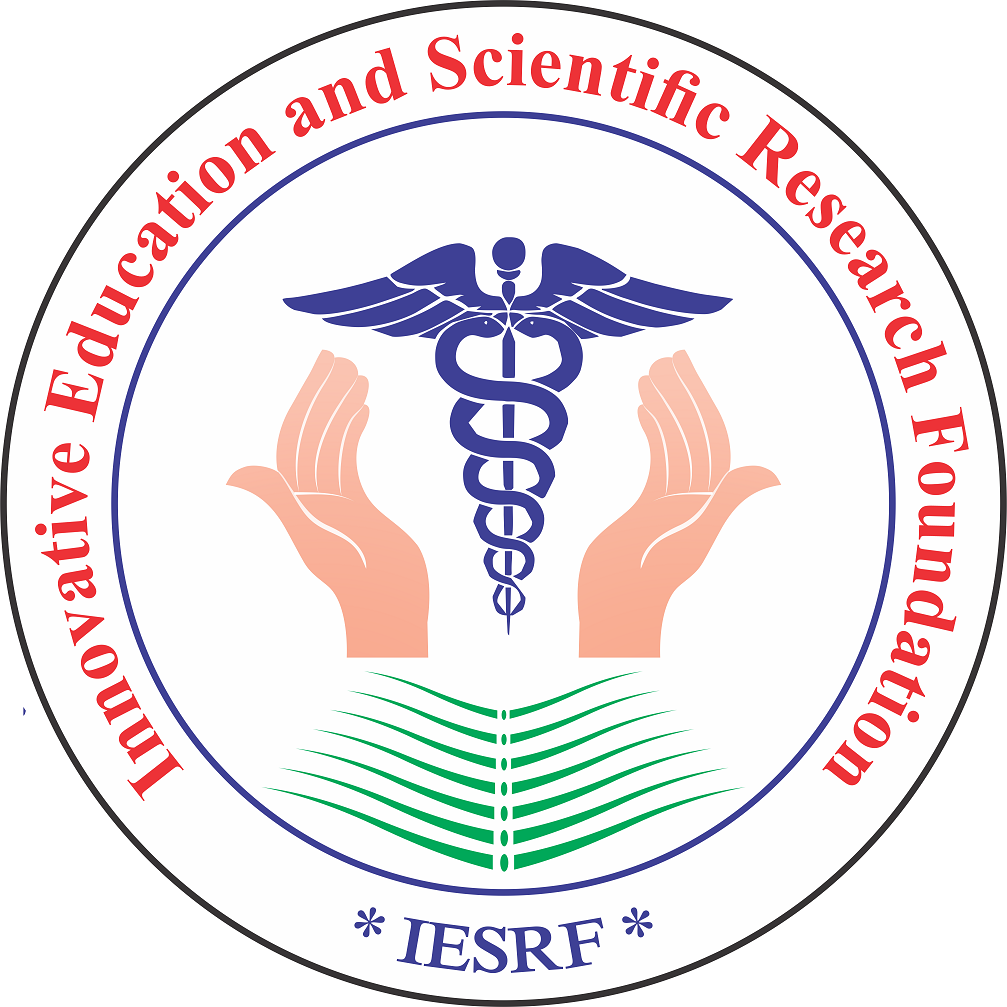- Visibility 431 Views
- Downloads 416 Downloads
- Permissions
- DOI 10.18231/j.ijcbr.v.12.i.2.6
-
CrossMark
- Citation
Antifungal efficacy of Mentha species (Mentha arvensis, Mentha longifolia, Mentha spicata & Mentha viridis)
- Author Details:
-
Insha Rassol
-
Vikas Sharma *
-
Komal Sudan
Introduction: Fungal diseases currently devastate a minimum of 125 million tons of the five principal food crops—rice, wheat, maize, potato, and soybean—annually, which could otherwise nourish those suffering from food insecurity. These crops constitute the primary source of calories ingested by individuals. Rice blast, corn smut in maize, stem rust in wheat, soybean rust, and late blight in potatoes are diseases that impair agricultural yield. This has forced researchers to seek novel antifungal chemicals from natural sources, such as medicinal plants, which are more efficacious and less hazardous to human health and the environment.
Aim & Objective: The study aims to evaluate antifungal potential of methanolic extract of whole plant of Mentha species (Mentha arvensis, Mentha longifolia, Mentha spicata, Mentha viridis) against Alternaria solani and Bipolaris oryzae.
Materials and Methods: The antifungal activity of the test samples (Mentha species) was determined by Poisoned Food Technique (a type of agar dilution method) against two pathogenic fungal strains.
Results: The results revealed that Mentha spicata showed maximum antifungal activity against Alternaria solani fungal strain with IC50 values of 270.4±1.2 µg/mL.
Conclusion: Most frequently fungicides are used to control the diseases caused by plant pathogens. However, there is a serious problem in the effective use of these chemicals due to the development of resistance by the fungi. Mentha spicata can be used for the formulation of antifungal agents especially against Alternaria solani.
References
- Sharma V, Hussain S, Gupta M, Saxena AK. In vitro anticancer activity of extracts of Mentha Species against human cancer cells. Indian J Biochem Biophys. 2014;51(5):416–9.
- Rastogi RM, Mehrotra, BN. Compendium of Indian Medicinal Plants. Lucknow, India. CDRI. 1990;1:388–9.
- Khan SW, Khatoon S. Ethanobotanical studies on some useful herbs of Haramosh and Bugrote Valleys in Gilgit, Northern areas of Pakistan. Pak J Bot. 2008;40(1):43–58.
- Harley RM, Brighton CA. Chromosome number in the genus Mentha longifolia L. Bot J Linn Soc. 1977;74:71–96.
- Naghibi F, Mosaddegh M, Motamed SM, Ghorbani A. Labiatae family in folk medicine in Iran: from ethnobotany to pharmacology. Iran J Pharm Res. 2005;4(2):63–79.
- Jirovetz L, Buchbauer G, Shahabi M, Ngassoum MB. Comparative investigations of the essential oil and volatiles of spearmint. Perfum Flavor. 2002;27:16-22.
- Tetik F, Civelek S, Cakilcioglu U. Traditional uses of some medicinal plants in Malatya (Turkey). J Ethnopharmacol. 2013;146(1):331–46.
- Mkaddem M, Bouajila J, Ennajar M, Lebrihi A, Mathieu F, Romdhane M. Chemical composition and antimicrobial and antioxidant activities of Mentha longifolia and Mentha viridis essential oils. J Food Sci. 2009;74(7):358–63.
- Arumugam P, Gayatri PN, Subathra M, Ramesh A. Anti- inflammatory activity of four solvent fractions of ethanol extract of Mentha spicata L. investigated on acute and chronic inflammation induced rats. Environ Toxicol Pharmacol. 2008;26(1):92–5.
- Kandil O, Radwan NM, Hassan AB, Amer AAM, El-banna HA, Amer WMM. Extracts and fractions of Thymus capitatus exhibit antimicrobial activities. J Ethanopharmacol. 1994;45(1):97-111.
- Vincent JM. Distoration of fungal hyphae in the presence of certain inhibitors. Nat. 1947;150:850–60.
- Warrier PK, Nambiar PK, Ramankutty C. Indian Medicinal Plants. Hyderabad, India: Orient Longman, 1996;5:225–8.
- Rath CC, Dash SK, Mishra RK. In vitro susceptibility of Japanese mint (Mentha arvensis L.) essential oil against five human pathogens. Indian Perfumer. 2001;45:57–61.
- Mikaili P, Mojaverrostami S, Moloudizargari M, Aghajanshakeri S. Pharmacological and therapeutic effects of Mentha longifolia L. and its main constituent, menthol. Anc Sci Life. 2013;33(2):131–8.
- Yamamura S, Ozawa K, Ohtani K, Kasai R, Yamasaki K. Antihistaminic flavones and aliphatic glycosides from Mentha spicata. Phytochem. 1998;48(1):131–6.
- Balla OY, Ali MM, Garbi MI, Kabbashi AS. Chemical composition and antimicrobial activity of essential oil of Mentha viridis. Biochem Mol Biol. 2017;2(5):60–6.
How to Cite This Article
Vancouver
Rassol I, Sharma V, Sudan K. Antifungal efficacy of Mentha species (Mentha arvensis, Mentha longifolia, Mentha spicata & Mentha viridis) [Internet]. Int J Clin Biochem Res. 2025 [cited 2025 Oct 05];12(2):94-97. Available from: https://doi.org/10.18231/j.ijcbr.v.12.i.2.6
APA
Rassol, I., Sharma, V., Sudan, K. (2025). Antifungal efficacy of Mentha species (Mentha arvensis, Mentha longifolia, Mentha spicata & Mentha viridis). Int J Clin Biochem Res, 12(2), 94-97. https://doi.org/10.18231/j.ijcbr.v.12.i.2.6
MLA
Rassol, Insha, Sharma, Vikas, Sudan, Komal. "Antifungal efficacy of Mentha species (Mentha arvensis, Mentha longifolia, Mentha spicata & Mentha viridis)." Int J Clin Biochem Res, vol. 12, no. 2, 2025, pp. 94-97. https://doi.org/10.18231/j.ijcbr.v.12.i.2.6
Chicago
Rassol, I., Sharma, V., Sudan, K.. "Antifungal efficacy of Mentha species (Mentha arvensis, Mentha longifolia, Mentha spicata & Mentha viridis)." Int J Clin Biochem Res 12, no. 2 (2025): 94-97. https://doi.org/10.18231/j.ijcbr.v.12.i.2.6
